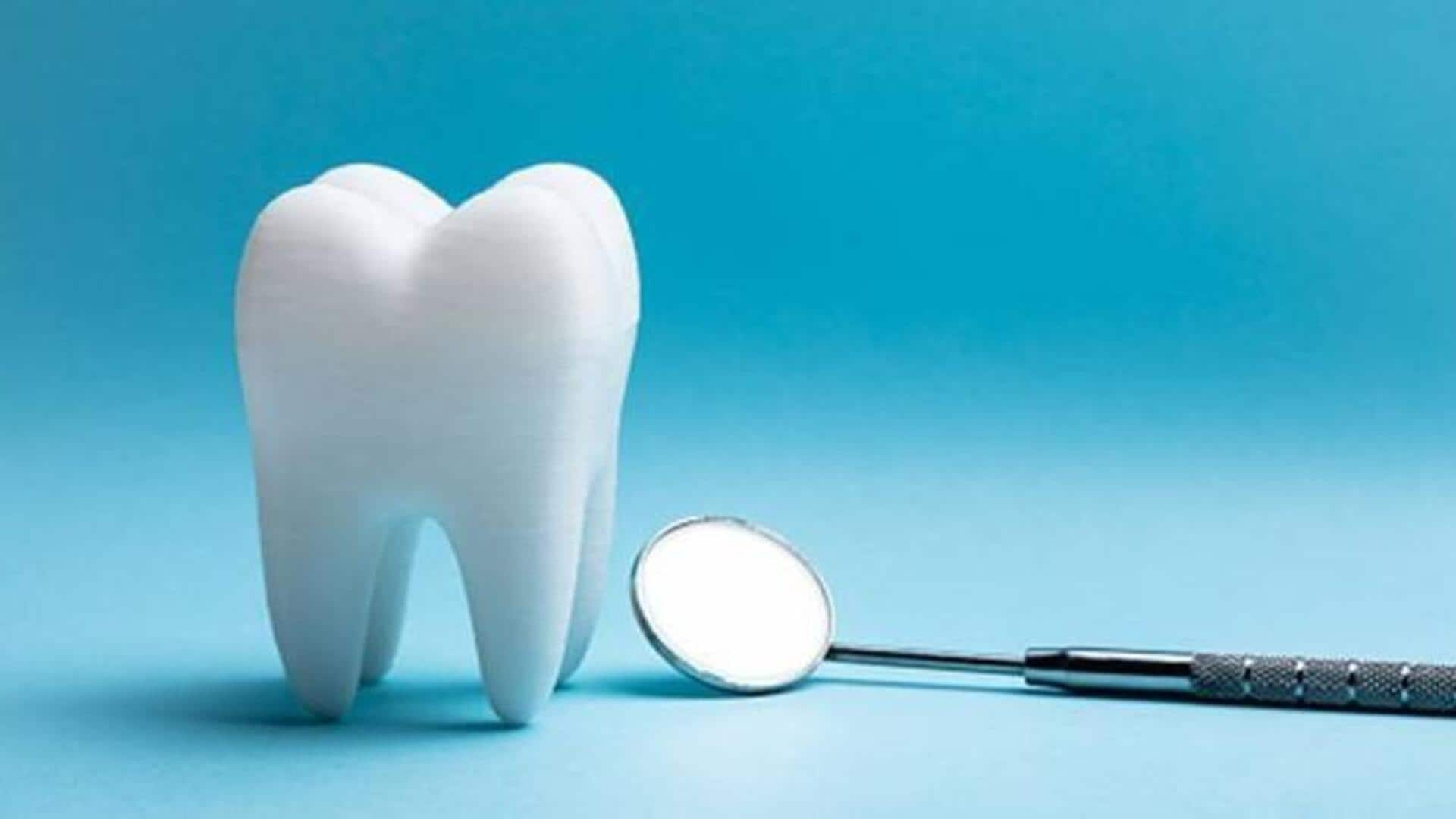
50% of UK may suffer from dental diseases by 2050
What's the story
A recent study conducted by the University of Greenwich and Cape Western Reserve University, has forecasted a worrying increase in dental diseases among UK adults. The research predicts that more than half of the UK's population could be affected by some sort of dental disease by 2050. This projection is based on advanced modeling techniques and data from the UK's 2009 Adult Dental Health Survey (ADHS).
Global impact
A global concern
Dental diseases, specifically tooth decay and gum disease, are among the most common chronic illnesses worldwide. An estimated 3.5 billion people are affected by these conditions. Neglecting oral diseases usually results in pain, infection, and possible tooth loss. However, the study also highlighted a bidirectional relationship between gum problems and several other serious diseases including diabetes, cardiovascular problems, Alzheimer's, cancer, and rheumatoid arthritis.
Increasing cases
Rising prevalence of gum disease in the UK
The study forecasts a significant rise in gum disease among the UK population. The number of people living with this condition is expected to increase from 42% to 54% by 2050. Also, those exhibiting signs of gum disease are projected to rise from 25.7 million in 2020 to nearly 28 million by mid-century.
Age factor
Tooth decay trends among different age groups
The research also revealed varying trends in tooth decay among different age groups. For adults aged between 16 to 59 years, the number of people with tooth decay is tipped to decrease slightly from 15.7 million in 2020 to about 15.5 million by 2050. However, for those aged over 60 years, individuals suffering from tooth decay are projected to nearly double from five million in 2020 to approximately nine million by mid-century.
Study insights
Shift in dental disease burden and study limitations
The study suggests a shift in the burden of tooth decay and gum diseases from younger adults (16-59 years) to older adults by 2050. This highlights the importance of good dental care for people currently in their 30s and 40s. However, the study's limitation is its assumption that prevalence rates for dental diseases will remain constant over time, as it used population-based data from the 2009 ADHS survey.
Contributing factors
Factors contributing to poor dental health
Factors contributing to poor dental health include inadequate oral hygiene, infrequent access to dental care, and low socioeconomic status. The COVID-19 pandemic has further exacerbated issues with accessing dental services in the UK. To address these challenges, suggestions have been made for integrating oral healthcare into general medical care and focusing on preventative measures like improving access to quality dental services.
Solutions
Potential solutions to maintain good oral hygiene
On a personal level, you can take several steps to maintain good oral health, including brushing twice a day, flossing, reducing sugar intake, quitting smoking, and limiting alcohol consumption. Aim to visit your dentist for a check-up at least once every two years if you have no issues. However, if you notice any changes in your oral health, schedule an appointment promptly.